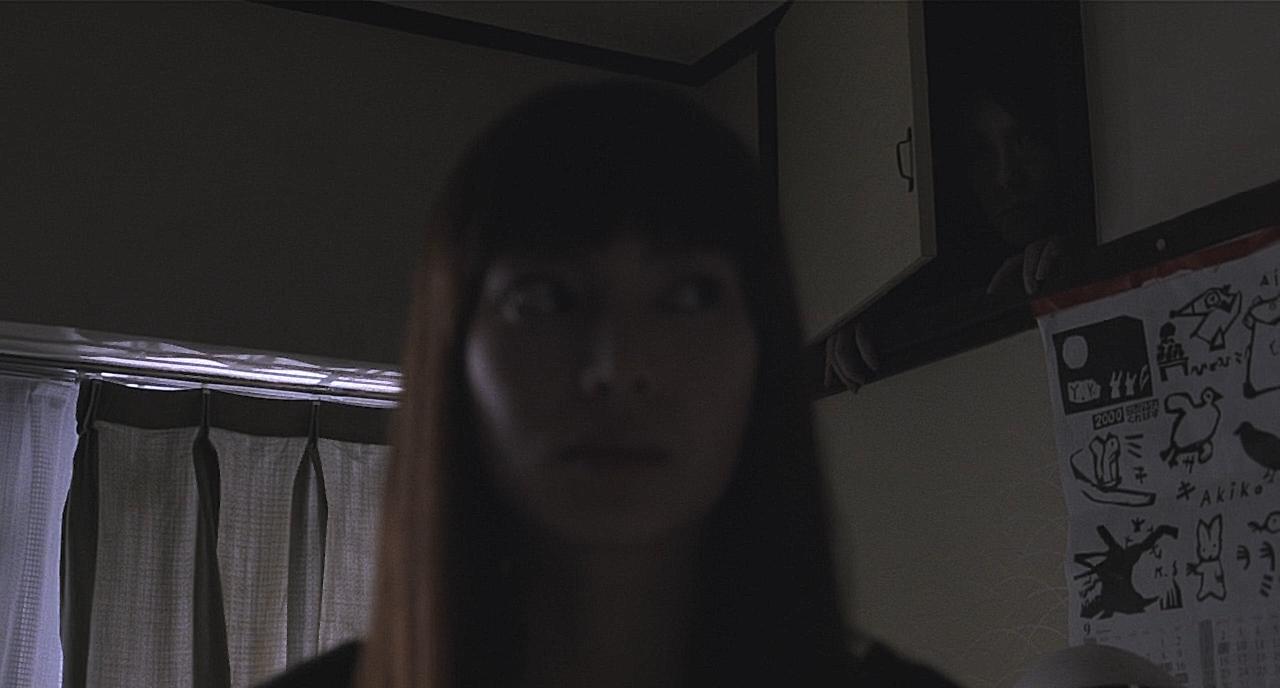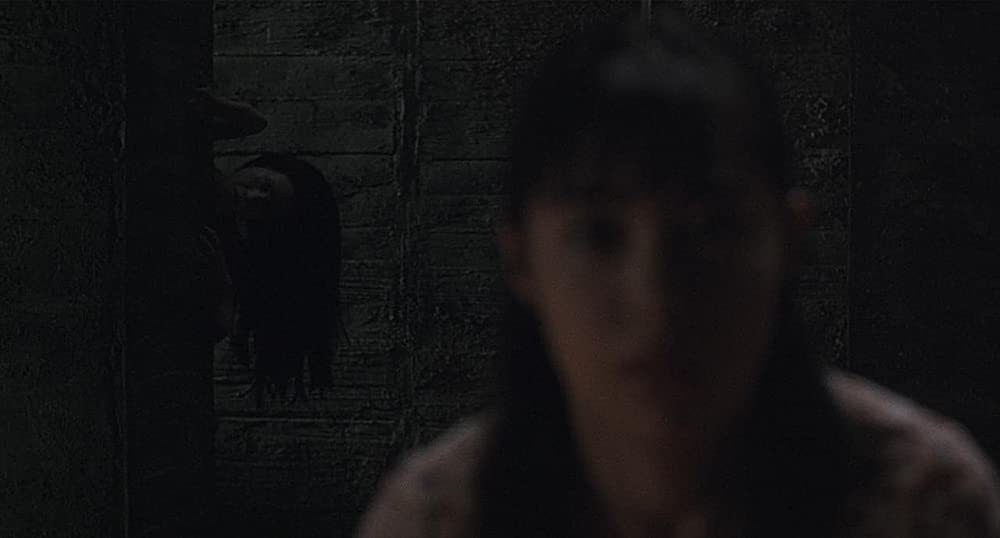'Eve's Bayou' Brings Post-Memory Towards West-Indian Culture
In an all-black community in Louisiana, a young girl learns her father has committed infidelity and turns to hoodoo to seek justice.
Incluvie Foundation Gala - Learn More


From the 1990s to the 2000s, J-horror has become everyone’s latest obsession. But unlike its predecessors, there was something new and trendy about this international genre. Most of the famous J-horrors we’re familiar with are called Onryō. These Japanese films would often have a vengeful female spirit or a cursed plot, and it’s up to the characters to escape their fate. What made these films trendy was incorporating an element that was impossible to escape from… technology, or in One Missed Call (2003) cell phones. In a world where we hear ringers and beepers at every corner, technology feels inescapable, which is why technology is often an enemy in these Digital J-horrors. I say, Digital J-horror because many Onryō J-horrors use technology as a way for the spirit to communicate with the living or to pass a curse from one recipient to another. In One Missed Call, people are getting missed calls by their own numbers and a voicemail that was sent two days into the future; when they play back the message, they can hear their own voice followed by a scream. The horror in One Missed Call spans from the traditional folklore of the Onryō to cell phones.
The most social scene of the film is the opening, where we see a group of friends hanging out at a pub. This is a pivotal scene because the social interactions of the friends haven’t been interrupted by technology yet. We see our main character, Yumi lighting a burner and surrounded by her friends eating food. This almost feels like a safe place until one of Yumi’s friends, Yoko gets back from a funeral. We are given a flashback of Yoko and Yumi in the bathroom, where Yoko receives a mysterious phone call. The call she received was listed under her number and the message was sent two days from now. Having the bathroom scene and the pub scene juxtaposed together shows how technology is making us feel more alienated from the rest of the world. It is from there, that Yoko walks alone in the dark near a train track; as she’s on the phone with Yumi, something invisible pushes her onto the tracks, and she dies; meaning her phone call was a forewarning of her death.

Yumi’s other friend Natsumi receives the cursed phone call after another one of Yumi’s friends dies. It is revealed that the spirit uses the cursed person’s contact list to pass along the curse. Once the person receives the phone call, they are given a time and date of when they will die. Anxiety and paranoia escalate once Natsumi gets cursed. It would seem that the simple solution would be to disconnect her phone, but spirits never like their victims finding the easy way out. Cell phones aren’t the only screens to be worried about in this film. Unlike the other victims, Natsumi receives a text with a picture of herself and a ghostly figure behind her. The significance of the spirit transitioning from a phone call to a screen is that television is another inescapable technology in our society. In hopes of escaping her curse, Natsumi goes on television where she is surrounded by screens to meet with an exorcist. When the spirit attacks Natsumi, she is left alone, just like Yoko was when she was attacked. This brings up how technology can make people feel vulnerable and alienated because of how disconnected we’ve become from each other in real life. However, Yoko is not left completely alone, for Yumi and the detective have come to her rescue. Like technology, Natsumi’s death couldn’t have been avoided.

I like the concept of the digital Onryō because Onryō films date back to Japanese superstitions and folktales of young women suffering from an injustice inflicted by them, for them to rise back from the dead to seek revenge. The goal of wanting to escape your fate in Onryō films is in conversation with women escaping their gender roles in Japanese society. The ending of One Missed Call still has me on the edge of my seat, I’m uncertain whether the characters truly got their happy ending by escaping the curse, or if it was a happy ending for the spirit. Either way, One Missed Call is now on my list of favorite J-horror films, and it makes me wonder with everything being more digital than ever now, what different forms can we see the digital Onryō take?
Related lists created by the same author
In an all-black community in Louisiana, a young girl learns her father has committed infidelity and turns to hoodoo to seek justice.
Related diversity category
Two young girls meet in the same neighborhood unexpectedly as they embark on a new adventure using their imaginations as this movie brings strong representation among women.
Related movie/TV/List/Topic
A wholesome love story that's perfect for fans of romance movies and animal lovers.